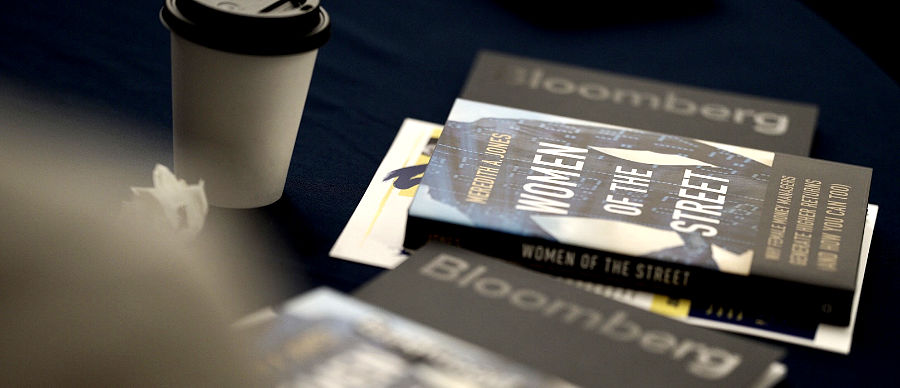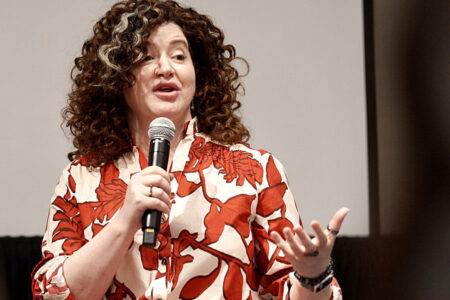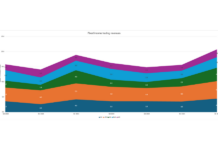Speakers at FILS US DEI brunch discuss ways to advance equity in the industry.

Women continue to advance their representation, pay, and seniority in the financial industry, but progress is too slow. “We’re getting better, but we have to get a lot better a lot faster,” said Meredith Jones, researcher, alternative investment industry expert and author of Women of the Street: Why Female Money Managers Generate Higher Returns (And How You Can Too).

Speaking Friday at a Bloomberg-sponsored diversity, equity and inclusion brunch at the Fixed Income Leaders Summit in Nashville, Jones cited “glimmers of hope” for a recharge amid the social justice movement in 2020, which pushed organizations to focus more attention on DEI. But that progress was partly offset late in the COVID-19 pandemic when women lost jobs at a faster rate than men. “The attention is there, but we haven’t seen it come out in AUM” of women-managed investment funds, Jones said. “Transparency will continue to drive action, but it’s a process,” she said, adding that at the current rate of women’s pay gaining on men’s, it will take 30-50 years or more to catch up.
By way of background, Jones said she didn’t meet fellow female fund managers and traders until 2007, after she had been in the investment industry for 10 years. “I found that disheartening, but it was also life-changing,” she said, as it prompted her to learn more about how women and men manage risk and volatility differently. “I noticed behaviour before I started looking at returns,” she said. “There is a combination of factors that create a differentiated way of looking at the markets and looking at risk. We hear ‘women are risk averse’, but they’re really not. They generally want to understand an investment front to back, and they don’t need to be first one in something new.”
Jones’ research showed female hedge fund managers outperformed the broad universe by more than six percentage points, while other research has found that male fund managers were 10% more likely to sell during the low times of the 2008-2009 global financial crisis, which resulted in women on average outperforming men by 3%.
The industry has largely focused on the ‘D’ in DEI, which Jones likened to being asked to the prom, but there has been less focus on ‘I’, which she likened to being actually asked to dance. “Inclusion is super important,” Jones said. She cited several tangible ways in which individuals can promote inclusion in the workplace, such as sharing opportunities on LinkedIn, sponsoring rather than mentoring, and by amplifying diverse employees’ visibility and voices.
Jones was joined at the DEI brunch by Maura Cunningham, Founder and CEO of Rock the Street Wall Street, of which Jones is a board member, that promotes interest in finance careers among school-age girls. The organisation works in 60 high schools in 30 cities across the US, Canada, and the UK, and more than 6,000 girls have been through the RTSWS programme.
“Girls are MIA in finance, but for the most part finance math is 6th grade math,” Cunningham said. “If you want to start early, this is where you need to catch them.”

The event’s moderator, Katharine Furber, global head emerging markets trading, said, “Bloomberg’s ‘Women in Trading’ community, founded in 2021, continues to lead change across the financial industry, with the goal to build a community and establish a forum for our clients across our trading business to develop professional knowledge and grow valuable peer connections to lead meaningful change.”
©Markets Media Europe 2023
©Markets Media Europe 2025



























